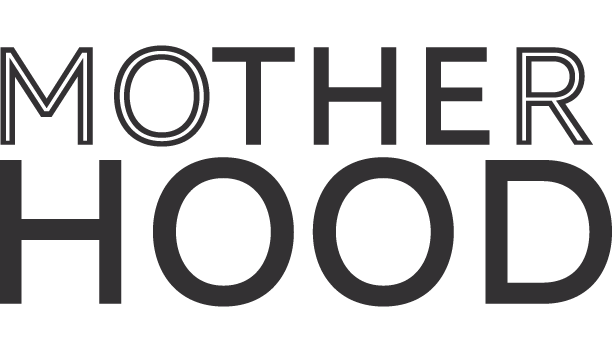
by Elisa Freeling
Get your rainbow flag out: it’s Pride in London this weekend (not to mention in New York, Chicago, San Francisco—where there is extra cause for celebration this year). To mark the occasion, WLM talked to Hannah Latham, founder and editor of alternative-family magazine We Are Family. She launched the publication three years ago, after her long journey towards parenthood. “I spent eight years trying to have kids with my partner,” Hannah says. “We tried many different routes, did a lot of research. I wanted to give back to the community by sharing what I’d learned—so others wouldn’t need to go through all the difficulty I had.”
Another motivation was increasing visibility and rights for same-sex couples, to “challenge the norms that have been put in place, the gender stereotyping,” says Hannah. “I’m interested in exploring parental identity.” On the magazine’s website, she blogs about life with her wife, a zoo veterinarian, and their two little boys, and the universally familiar endeavour of juggling family with work at the magazine. Here she writes about her four-year-old’s understanding of the varieties of parenthood.
Noah wonders about families
by Hannah Latham
One Saturday afternoon I was queuing for lunch at a family restaurant. Noah, our four-year-old, was hanging off my arm in a constantly moving knot: doing that wriggling-jiggling routine familiar to parents of under-fives, as if he has a snake under his skin.
Noah looked behind us and leant in close as if he was about to tell me a secret. I automatically leant down, offering my ear.
“Mummy, where’s that boy’s daddy?” he said quietly, looking at the next people in line: a father and his boy, both waiting calmly and quietly—like a couple of statues. How is that possible? That child is so calm! I think.
“He’s right there next to him. I think that’s his daddy,” I replied, confused.
“No, Mummy, where’s his other daddy?” Noah whispered shyly, making sure the boy and the man couldn’t hear him.
I stumbled through a whispered reply. “I don’t know, love. Maybe he doesn’t have another daddy: he might have a mummy and a daddy or just a daddy… Or maybe his other daddy has gone to the toilet just like Mumma and Eli have…”
“Oh.” All these scenarios seemed plausible to Noah and his mind wondered onto some other thing going on in our near distance.
I was bemused and entertained and a tiny little bit irritated with myself. Firstly with my response and then, despite all our preparation for this, the same-sex parenting discussion, I was yet again caught off guard. The way these conversations go never resembles what we imagined when we were planning our lesbian-parented family. I saw myself explaining why our family unit is ‘different’: R and I talked endlessly about how we would manage this, with underlying guilt that we have inflicted this—being the children of lesbian parents—onto our kids.
But kids don’t have the same anxiety around being accepted that we adults carry—they learn that.
First they assume that what is around them is normal, but we assume that they’ll immediately realise their difference to their peers. I was curious whether he was comparing the boy in the queue to his friend Max, whom we had recently seen, because Max has two daddies. This boy is with one daddy, so where is the other one? Or maybe Noah was mirroring our family unit: I have two mummies so he must have two daddies. But then Noah lives with his two mummies but also has a daddy that he sees regularly, so logically why didn’t he ask where the little boy’s other daddy and mummy were? I didn’t probe into what underpinned his assumption; it felt better to allow him to explore family identities at his own pace.
Noah knows plenty of family units: some with single parents, some with two mummies, some with two daddies, many with a mummy and a daddy, and some with two mummies and a daddy. That day he saw a family with two daddies. I still regret my reply. I firstly assumed that the kid behind us was from a heterosexual, 2.4-piece family unit—you know, with a mummy and a daddy and a dog or little brother or sister somewhere. Despite this now being a minority in Britain, I’m still unconsciously serving this up as the norm. I had to offer this as the first possibility, but why? If Noah sees all other families through the goggles of his own identity, then why should I try to change that? Hell, people often assume I have a husband—why not turn the tables through the simplicity of a child’s eyes?
Interestingly, Noah didn’t ask anything about the little boy’s leg braces, which were far more visually obvious. I was spared the conversation about physical disabilities for another day!
Read more about Hannah and We Are Family magazine on their website.


